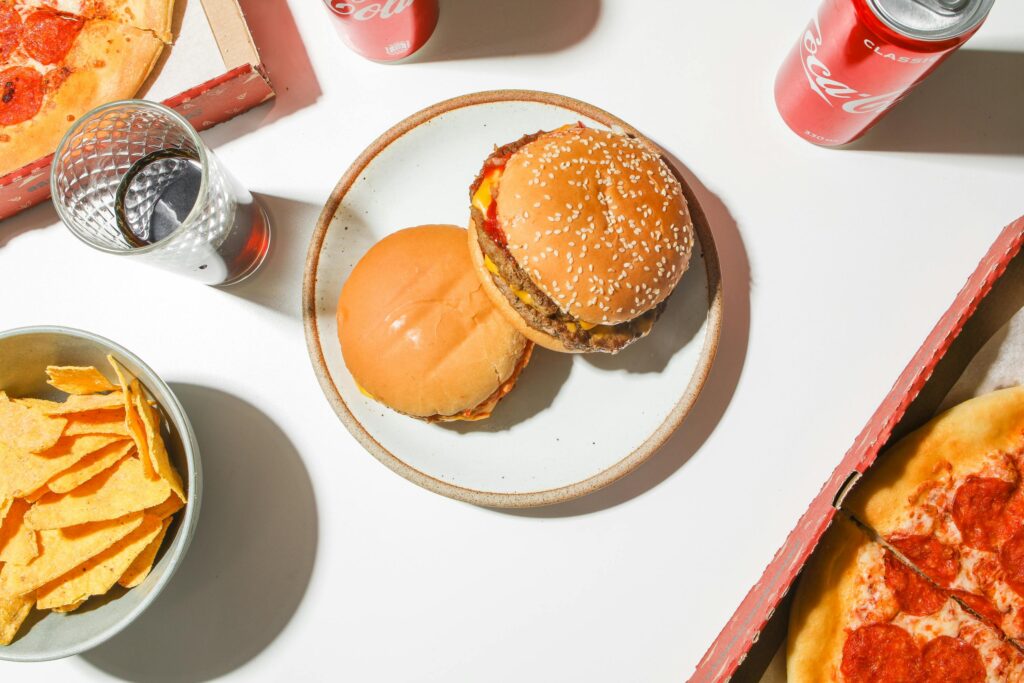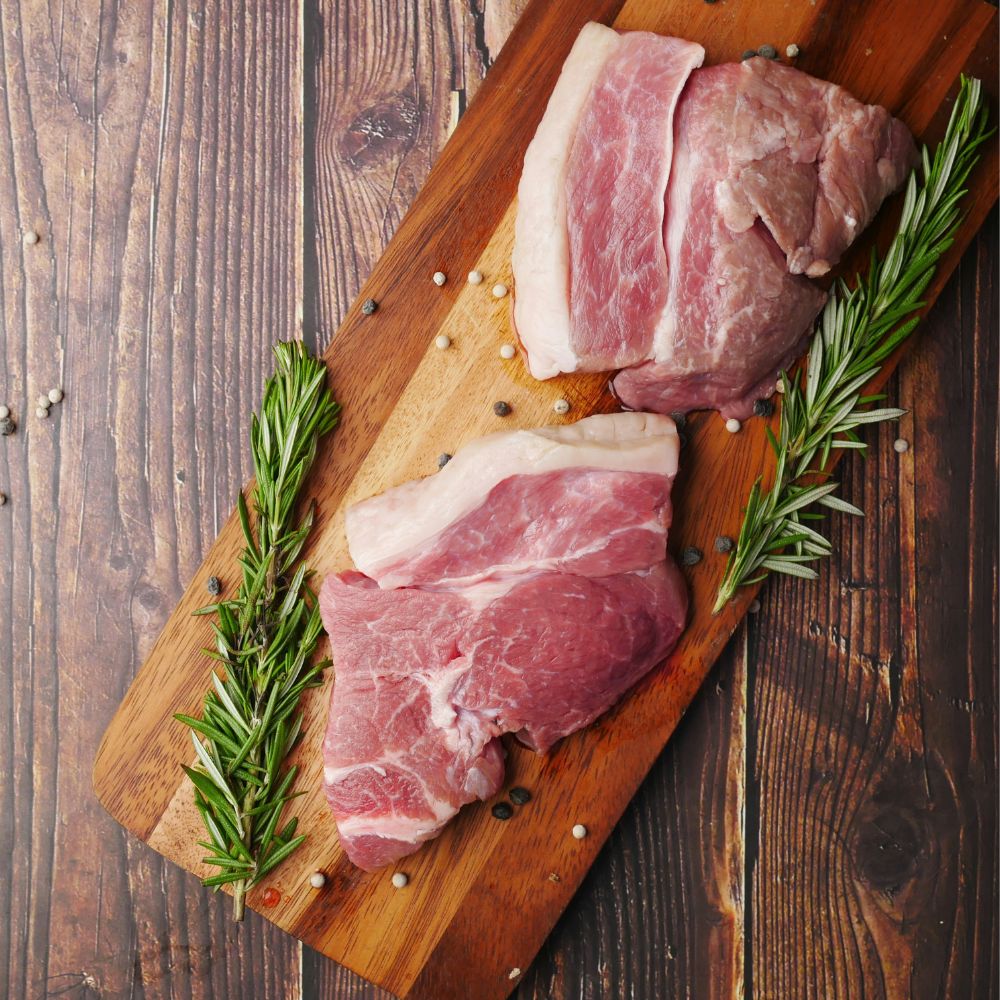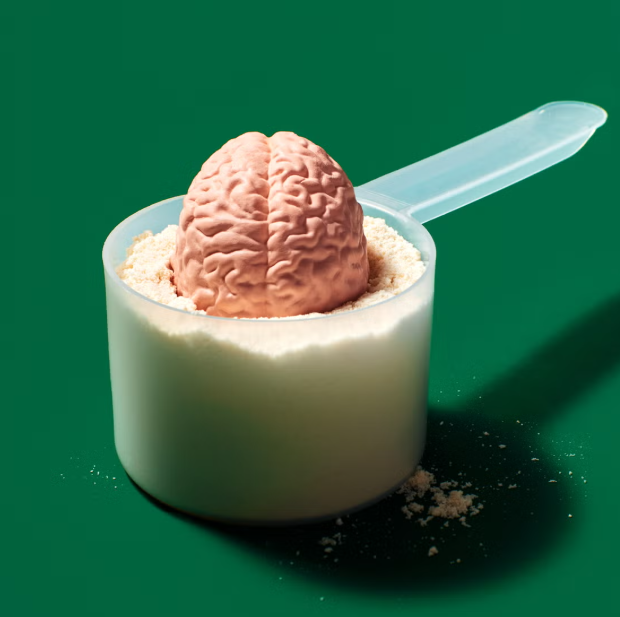YOU’VE BEEN TOLD protein is the hero of your gym-goals, but you could actually be eating too much of a good thing. When you hear that more protein is better, it’s easy to go overboard. It’s time to unpack what nutritionists really say about your protein ceiling, how much your body truly needs and how to hit it with natural, whole-food sources rather than relying on bars and shakes.
Reasons to love protein
Protein’s the golden child of the nutrition world — and for good reason. It helps your body repair muscle tissue after workouts, keeps you fuller for longer and plays a key role in building lean mass. Whether you’re lifting heavy or just trying to stay in shape, protein gives your muscles the building blocks they need to grow and recover.
However, while the “protein is good” message is everywhere, that doesn’t automatically mean more is better. Like most things in life and nutrition, there’s a sweet spot and overshooting it can backfire.
How much protein do you actually need?
Here’s where it gets interesting. According to experts from Harvard Health, the average healthy adult needs around 0.8 grams of protein per kilogram of body weight daily. Therefore, an 80-kilogram man would need roughly 64 grams per day.
If you’re more active or doing resistance training, you’ll benefit from a bit more — think 1.2 to 2 grams per kilogram. That puts your 80-kilogram gym-goer somewhere between 96 and 160 grams a day.
There’s no need to stress over every gram. Nutritionists agree it’s less about chasing perfection and more about getting enough quality protein to support your goals, especially from whole foods, not just shakes or bars.
When does protein become too much?
The short answer is that once you’re consistently going over 2 grams per kilogram of body weight, you’re probably past the point of benefit. Registered dietitian Knubian Gatlin notes that “any protein intake beyond about 2.2 grams per kilogram is generally too much for most people.” Beyond that range, your body doesn’t build extra muscle faster — it just works harder to process the excess.
Too much protein can also crowd out other nutrients your body needs, like healthy fats and complex carbs. It can also put unnecessary strain on your kidneys — especially if your protein comes mainly from processed or high-fat animal sources. Diets that rely heavily on red or processed meats are linked to higher risks of heart disease and kidney issues.
If your diet resembles a long protein-bar aisle, it might be time to scale back and make room for balance.
Why the “more is better” message is everywhere
It’s hard to avoid the hype. Between gym influencers, supplement companies and “high-protein” everything at the supermarket, you’d think loading up was the secret to six-pack abs. The truth is that most active men already get more than enough protein from their normal diet.
Experts from the Harvard T.H. Chan School of Public Health note that the real issue isn’t lack of protein – it’s balance. When you replace nutrient-dense carbs, fruits and veggies with endless protein bars and powders, you lose out on fiber, antioxidants and vitamins that keep the body running smoothly. The fitness industry might make protein look like the magic bullet, but nutritionists say moderation and variety still win every time.
Smart-protein strategy
The good news is that hitting your protein goals doesn’t have to mean chugging shakes or living off processed snacks. Whole, natural foods do the job beautifully and come with added benefits like vitamins, minerals and healthy fats.
Eggs are one of the most complete natural protein sources you can find. A single egg packs around 6 grams of high-quality protein, rich in all nine essential amino acids. That’s clean fuel your muscles actually use.
Other great options are lean chicken and turkey, seafood, tofu, lentils, beans, nuts, seeds and Greek yoghurt. The trick is to spread your protein intake throughout the day rather than consuming it all in one meal. This keeps your energy stable, your metabolism firing and your recovery on track — no blender required.
Don’t let protein be your overachiever
Protein deserves its gold-star status — it’s vital for muscle, recovery and overall strength. However, like that mate who insists on “just one more rep,” too much enthusiasm can do more harm than good. The sweet spot is striking a balance between getting enough to fuel your body without overloading it. Instead of treating protein like a competition, think of it as a team effort. Focus on the right balance of nutrients, whole foods and moderation, because in the long run, smart choices build better results than any protein overload ever could.
Related:
Eating too much protein might be tanking your testosterone, says new study















